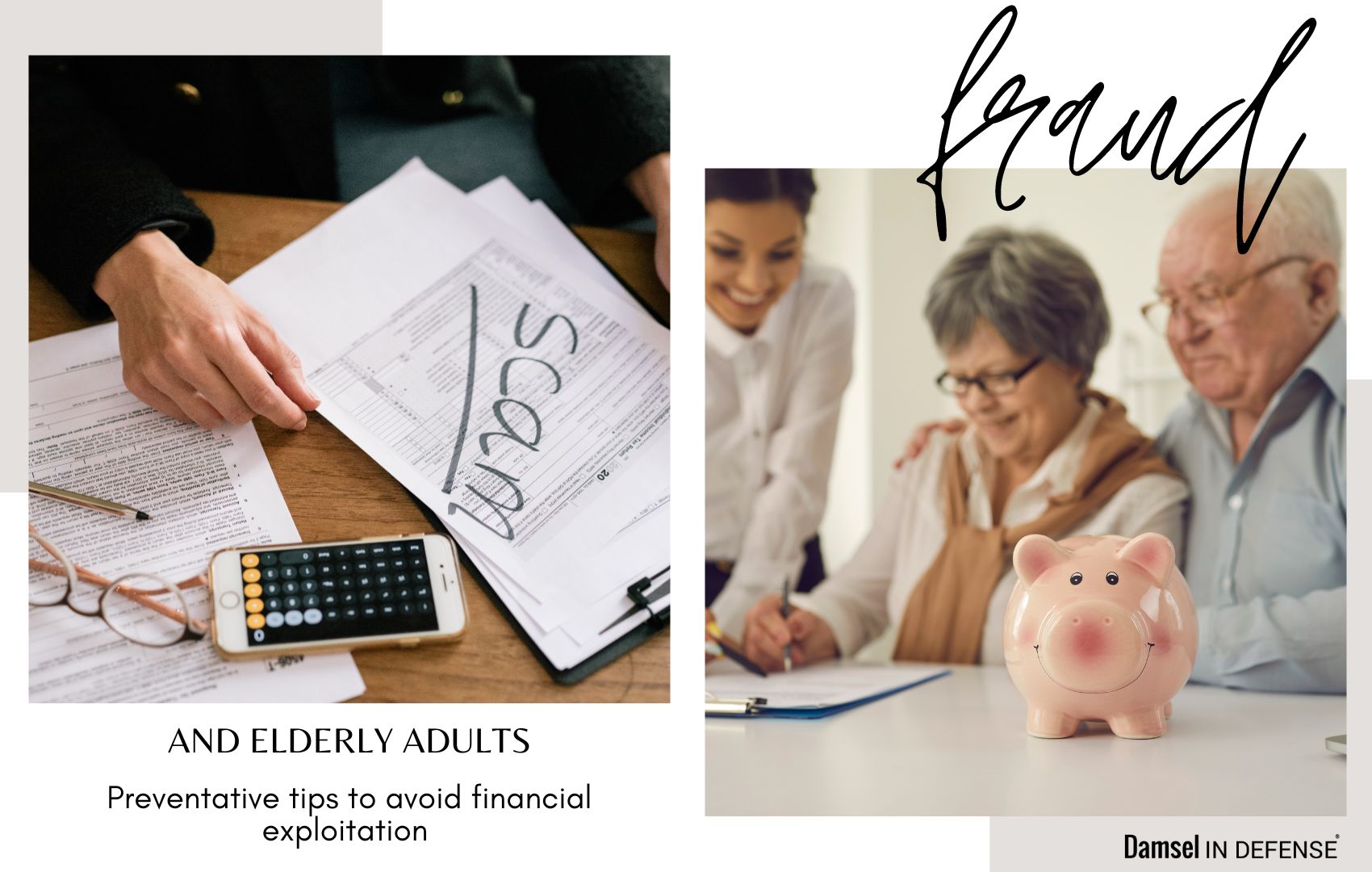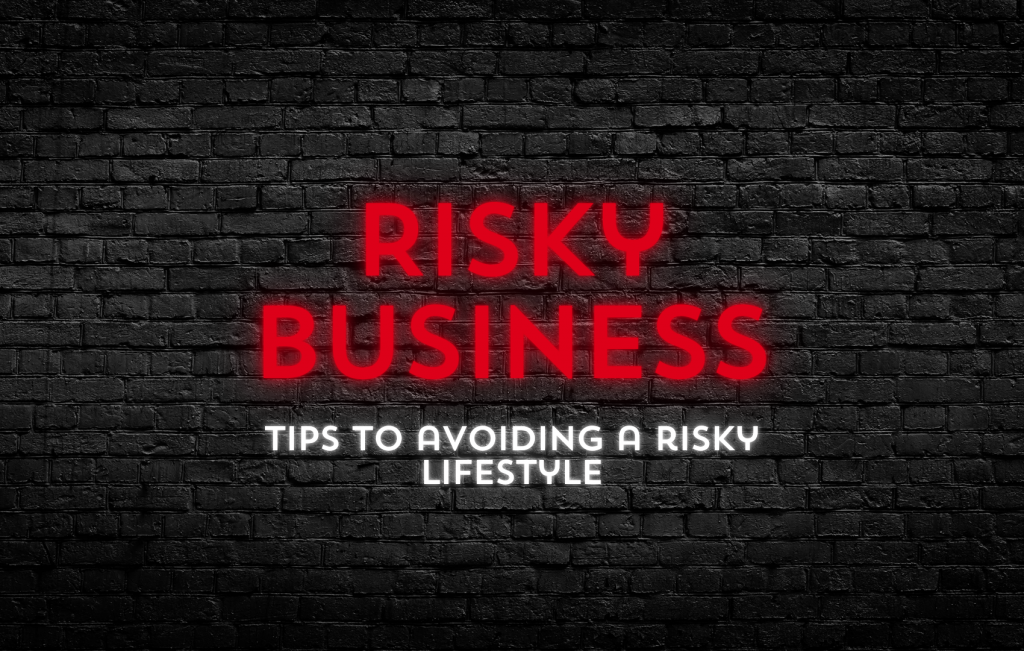
In our previous post, we gave practical ways to help physically keep yourself or help keep your older loved ones safe from physical danger; however, there still is the concern of how one can help prevent and protect against Elder Fraud. According to fbi.gov, “Elder Fraud is a form of older adult exploitation where a perpetrator misuses or steals financial assets, savings, income, or personal identifying information from an adult over the age 60, often without their direct knowledge or consent.” In 2022, there was a reported loss of $3.1 billion with an average loss of $35,000 per victim and more than 5,000 victims lost over $100,000.
In light of these shocking numbers, how does one prevent falling victim to these types of scams?
- Plan ahead to protect your assets and talk to someone at your financial institution, an attorney, or financial advisor
- Shred receipts, bank statements, and unused credit card offers before throwing them away
- Carefully choose a trustworthy person to act as your agent in all estate planning matters
- Lock up your checkbook, account statements and other sensitive information when others will be in your home
- Never give personal information over the phone, including your Social Security Number
- Never pay a fee or taxes to collect sweepstakes or lottery “winnings”
- Get to know your banker and build a relationship with people who handle your finances. They can help keep an eye out for any suspicious activity
- Check references and credentials before hiring anyone. Don’t allow workers to have access to your finances
- Feel free to say “No!”
- Trust your instinct! Most often, exploiters come across as charming and are very skilled manipulators. If something seems too good to be true, or if something seems off, it probably is!
Remember you have the right to not feel threatened or intimidated into a decision. If you think someone close to you is trying to take control of your finances, call your local Adult Protective Services or tell your bank’s officer or a trusted teller at your bank.
If you are a victim of financial abuse or Elder Fraud
- Talk to a trusted family member who has your best interest at heart or your clergy
- Talk to your attorney or an officer at your bank
- Contact your local Adult Protective Services in your state or your local Police for help
Tips for Family and Friends
The key to watching out for your aging loved ones is by looking out for and learning how to spot some red flags listed below. If you think your elderly loved one is being taken advantage of, we recommend talking with them and taking the most effective next step.
The Red Flags:
- New “friends” that appear out of nowhere or solely communicate through your loved one through social media, such as Facebook
- Unusual activity in an older person’s bank account
- Multiple checks written as “loans” or “gifts”
- Altered wills or trusts, especially after a new friend or spouse enters the picture
- Confusion, fear, or lack of awareness of multiple charges
- Consistent giving to charities where there is very little information on the charities
- Suddenly winning a sweepstakes/lottery that was never entered or receiving an “inheritance” from an unknown family member
Adult Protective Services:
In the event that you need to contact your local Adult Protective Services, the number, website, and email vary by state so we recommend going online and searching for your local state number to have on hand. Additionally, you can visit the National Adult Protective Services Association (NAPSA) website here: https://www.napsa-now.org/ for more information.



